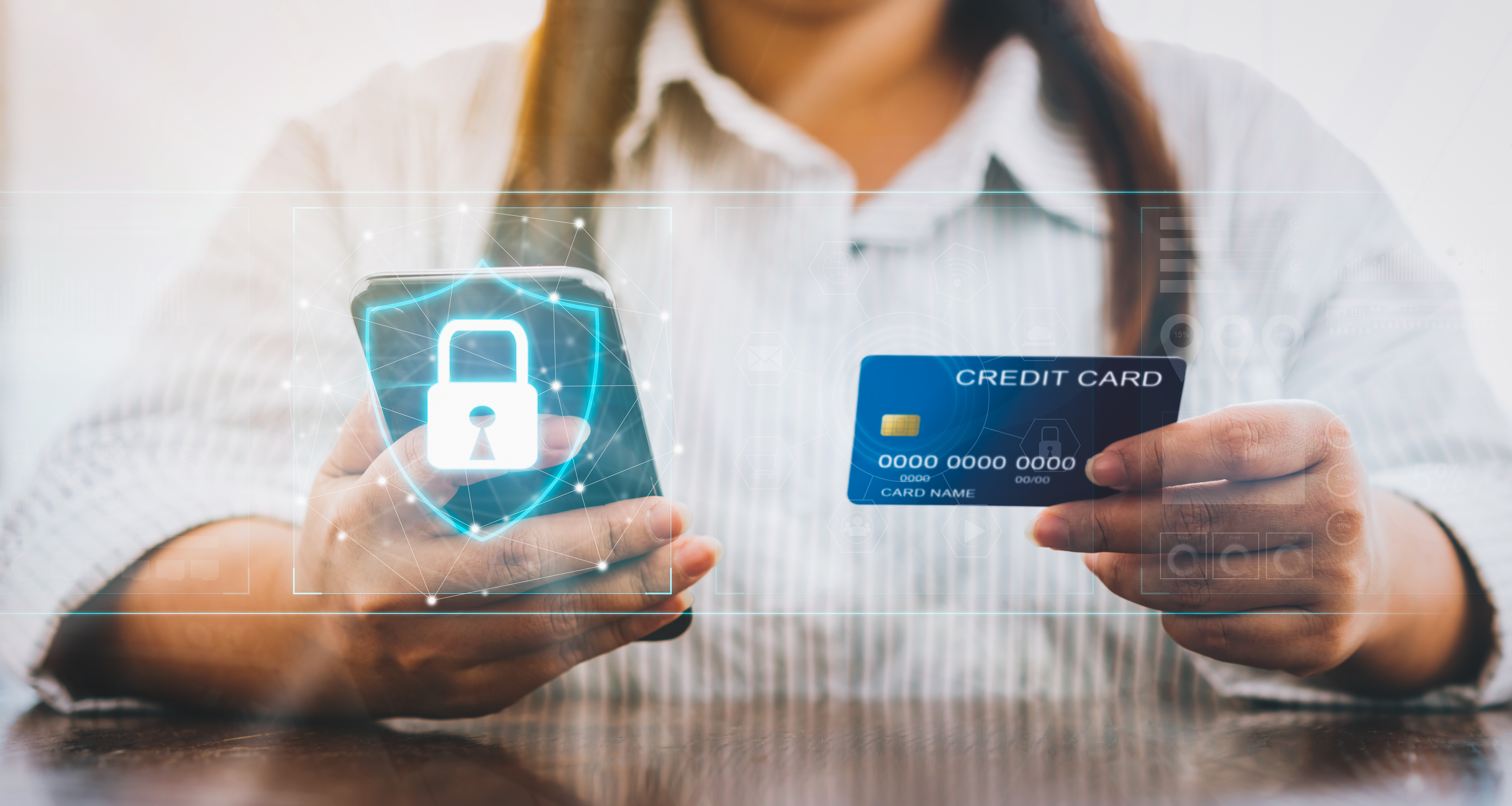FINANCIAL ADVICE | fraud protection
Tips for Preventing Online Fraud
Published February 7, 2019

Key Takeaways
- Only stick with trusted companies and brands that have a known and reliable reputation.
- The missing padlock indicates that you are not using a secure link and the site is potentially fraudulent.
- If the online price of an item seems way out of whack with what the average cost is, don't get sucked in.
How to Avoid Becoming an Online Fraud Statistic
Online shopping hits its peak during the holiday season, but you can be vulnerable to people who want to defraud you of your money at any time of the year. These tech-savvy fraudsters are very good at finding new and creative ways to get to your personal information. But you can protect yourself if you take these 6 important steps:
Before you Buy
Before you buy anything online, make a note of the address, telephone number, and other contact details for the seller or company that you intend to buy from; don't rely only on the email address. If you're unsure about the company's trustworthiness, go with your gut and don't buy from them. Only stick with trusted companies and brands that have a known and reliable reputation. The other way to check on their reliability is to search for reviews online.
Get Protection for your Computer
When you get into your car, hopefully one of the first things you do is after your turn on the ignition is apply your foot to the brake. Well, before you even contemplate shopping online for anything, put on the brakes and protect your computer against hackers, malware, and viruses. How? It's easy. Simply run a quick update and download software protection, which comes in these formats: a firewall, antivirus, anti-spyware, and anti-malware. Most of these are available to download for free from the web.
Only Shop on Secure Sites
If a padlock icon doesn't appear in the browser or web address of the site you want to shop on, don't share any personal information there. The missing padlock indicates that you are not using a secure link and the site is potentially fraudulent. The padlock symbol in the browser means that your payment transactions on the site are secure.
Consider Using a Credit or Debit Card that has Fraud Alerts
There are credit and debit cards that offer text alerts to notify you of suspicious activity that may be occurring with your cards. These real-time text alerts can quickly stop potential fraud as it is happening. In the event fraud is suspected, you receive a text alert immediately, and your card is blocked. The text provides several transactions for you to validate. If the transactions are legitimate, you can validate them via text and your card is unblocked so you can proceed with the transactions. If the transactions are fraudulent, you can reject them, and your card will remain blocked until you contact the card issuer.
Protect Your Passwords
Password protect your bank account, mobile phone, and any other channels that could be at risk from online fraud. It may seem obvious, but you'd be amazed how many people do not take this important step. You should use a different password for each account, change the passwords often, and ensure that the record of the passwords is kept in a safe, secure place, preferably offline.
Be Wary of Deals that Seem Way Too Good
The old saying "If it appears to goods to be true, it probably is," applies here. If the online price of an item seems way out of whack with what the average cost is, don't get sucked in. This type of con is typical of fraudsters. Always think before you buy, do plenty of research, and avoid impulse purchases because that is when your information is most vulnerable.
Additional Tips to Prevent Online Fraud
- Never give out your passwords, PIN numbers or bank account numbers; legitimate companies and financial institutions will never ask you for these details by email or over the phone
- If you're buying online using a mobile device and away from your home,use data provided by your network provider and not public Wi-Fi as some hotspots may not be secure
- Use credit cards and secure payment services instead of debit cards
- Transfer money using only reliable firms
- Never transfer or receive money for someone else
- Check the privacy and returns policy of the website you want to shop on
- Always save or print a copy of your order and any acknowledgment you receive
- Check your bank statement carefully against anything you buy online
